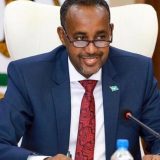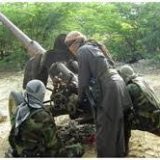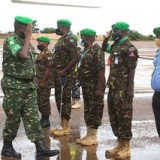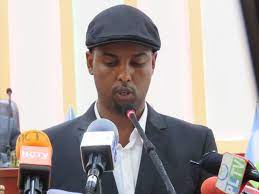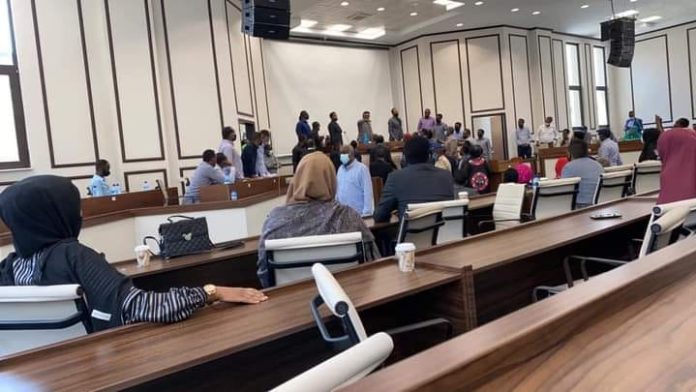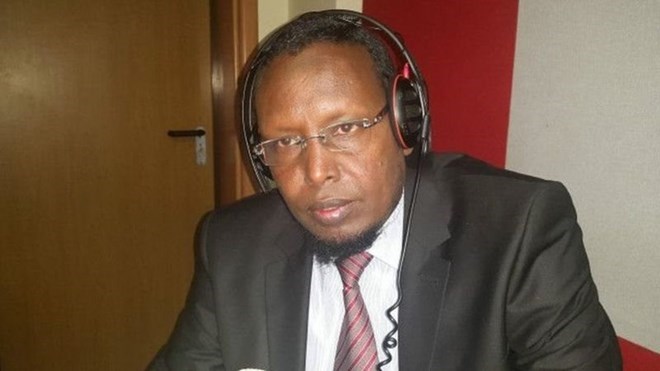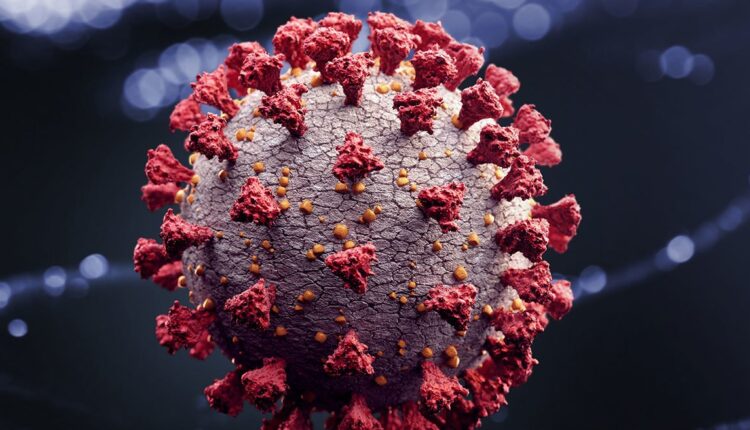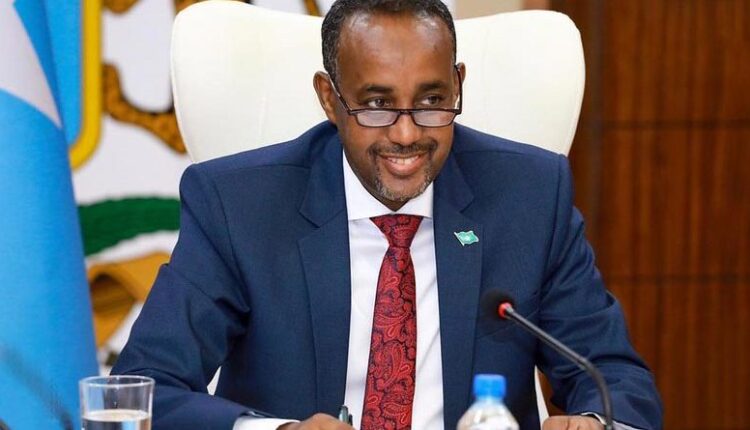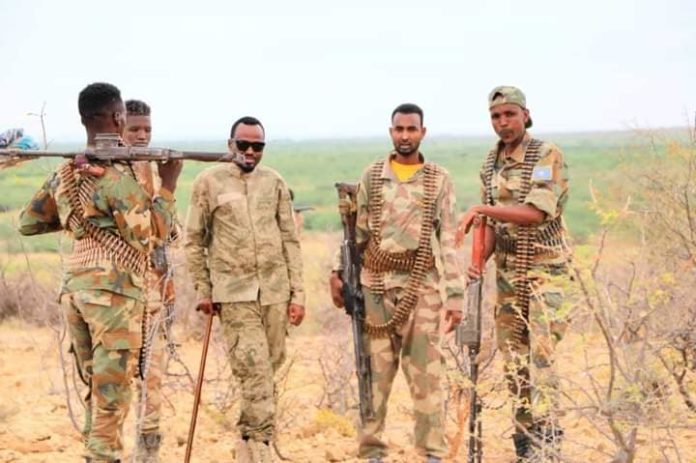Somalia is facing a severe water shortage due to reduced rainfall, leaving 70 percent of families across the country without access to safe drinking water, a global charity warned Monday.
According to a new assessment by Save the Children released to mark World Water Day, which falls on Monday, the charity said that water sources in Somalia are drying up at a rapid rate as a looming drought intensifies, heightening fears of a deepening humanitarian crisis in coming months.
“Children are bearing the brunt of a growing climate crisis in Somalia and if urgent action is not taken, an alarming number will face hunger, school closures due to water shortages, displacement and exploitation in the coming months,” said Mohamud Mohamed Hassan, Save the Children country director in Somalia, in a statement issued in Mogadishu.
In the communities where they work, Save the Children is seeing wells drying up, families rationing their water, crops and pastures dying and people moving away from their communities in search of water and food for their livestock, Hassan said.
“In some locations, the price of water has skyrocketed. Those who cannot afford to pay for water are forced to use unsafe water sources, thereby putting children at risk of deadly diseases such as cholera,” he added.
The assessment, which covered 632 households across eight regions in Somalia, shows reduced rainfall and severe water shortages are also killing livestock, causing crop failures and diminishing household incomes, leaving children with fewer meals per day and less nutritious food.
The charity said thousands of children are now reliant on emergency water trucking and unprotected wells or are forced to leave their homes in search of water.
It warned that without immediate humanitarian assistance, the crisis is likely to peak in June with the number of children and adults in urgent need of support soaring to 5.9 million — an increase of 700,000 people compared to that of 2020, or a third of the population.
The charity called on donors to act quickly and provide immediate emergency funding to sustain and significantly scale up the humanitarian response in Somalia to save children’s lives.
Hassan said reducing support now by the international community which has been very generous in supporting people in Somalia would be disastrous as the deadly combination of continuous climate shocks, COVID-19 and conflict are pushing children and their families to the limit and they need urgent support to help them survive.
“Without enough food and the right nutrition, children are becoming malnourished, which can lead to illness, infections, stunting and death. And children who are displaced may face violence, become separated from their families or be forced to work,” said Hassan.
The charity said more than half of the families surveyed did not have enough food to eat and 84 percent of respondents said they were resorting to harmful ways to cope with the crisis, such as depleting their livestock reserves to buy food and reducing the number of meals they have per day.
The loss of livestock, it said, also means children have less access to milk and this further exposes them to the risk of malnutrition.

